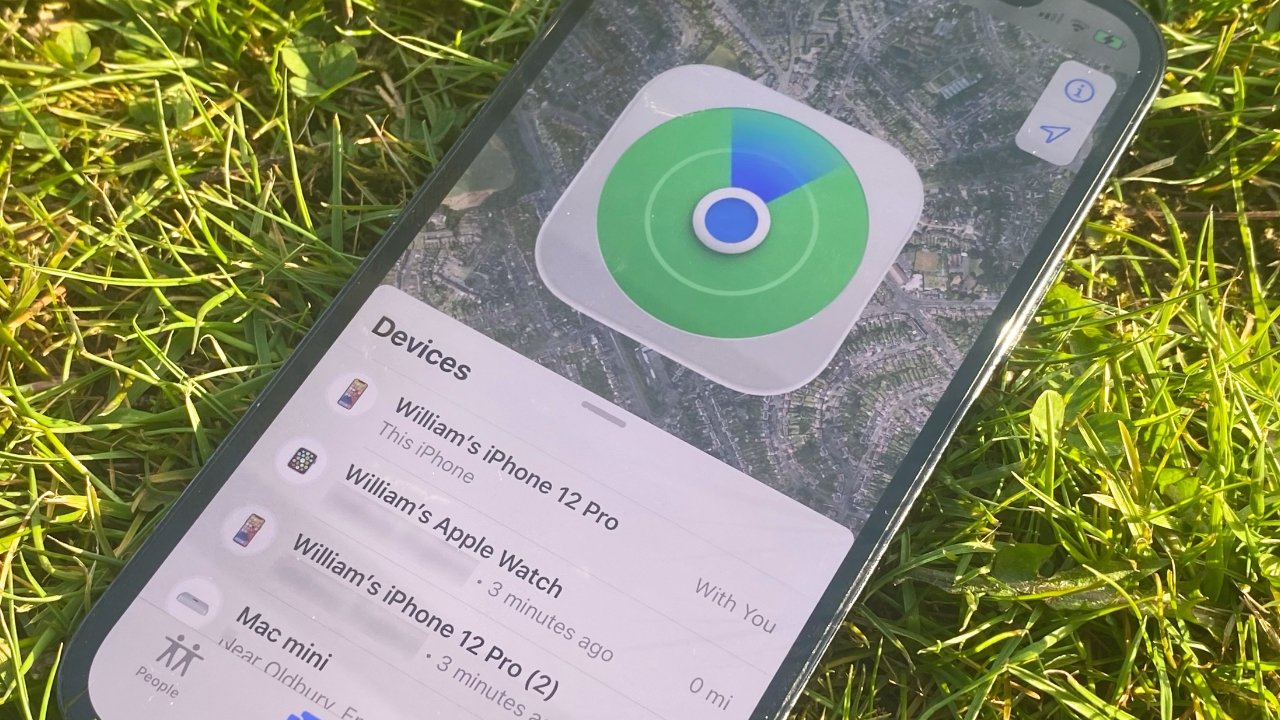In anticipation of substantial tariff increases set to take effect on April 9, 2025, Apple has implemented a proactive strategy to mitigate potential financial impacts. The company has expedited the shipment of iPhones and other products to the United States, aiming to stockpile inventory before the new tariffs are enforced.
According to reports from The Times of India, Apple orchestrated the transportation of five planes loaded with iPhones and other devices from its manufacturing facilities in India and China to the U.S. over a three-day period in late March. This rapid mobilization underscores Apple’s commitment to maintaining product availability and price stability for its customers.
The impending tariffs, introduced by the Trump administration, include a 10% baseline tariff on all imports into the United States, which commenced on April 5. More significantly, starting April 9, tariffs on imports from China will escalate to 54%, while those from India will rise to 27%. These measures are part of a broader trade policy aimed at addressing trade imbalances and protecting domestic industries.
Apple’s decision to accelerate shipments is a strategic move to delay the immediate impact of these tariffs. By increasing its U.S. inventory, the company can continue to offer products at current prices, at least in the short term. This approach is particularly crucial for high-demand items like the iPhone, which constitute a significant portion of Apple’s revenue.
Historically, Apple has demonstrated exceptional supply chain management. In 2012, the company achieved an inventory turnover period of just five days, a remarkable feat in the consumer electronics industry. This efficiency is largely attributed to the operational strategies implemented by CEO Tim Cook, who streamlined operations and reduced excess inventory. For instance, Cook’s decision to close 10 of the 19 company warehouses significantly decreased overstocking, reducing inventory from a month to only six days. ([forums.appleinsider.com](https://forums.appleinsider.com/discussion/150408/?utm_source=openai))
In response to previous logistical challenges, Apple has employed various transportation methods to ensure timely product delivery. During the COVID-19 pandemic, the company increased its use of private jets and cargo ships to address stock shortages. This included chartering over 200 private planes to expedite shipments when traditional cargo space was limited. ([imore.com](https://www.imore.com/apple-resorted-private-jets-and-sea-travel-try-fix-stock-shortages?utm_source=openai))
The current tariff situation presents a complex challenge for Apple. While the company can mitigate short-term impacts through strategic inventory management, prolonged tariffs may necessitate adjustments in pricing, supply chain logistics, and manufacturing strategies. Apple’s ability to navigate these challenges will be crucial in maintaining its market position and customer satisfaction.
In conclusion, Apple’s swift response to the impending tariffs highlights its proactive approach to supply chain management and commitment to customer service. By leveraging its logistical capabilities and operational expertise, the company aims to minimize disruptions and continue delivering high-quality products to its customers.



